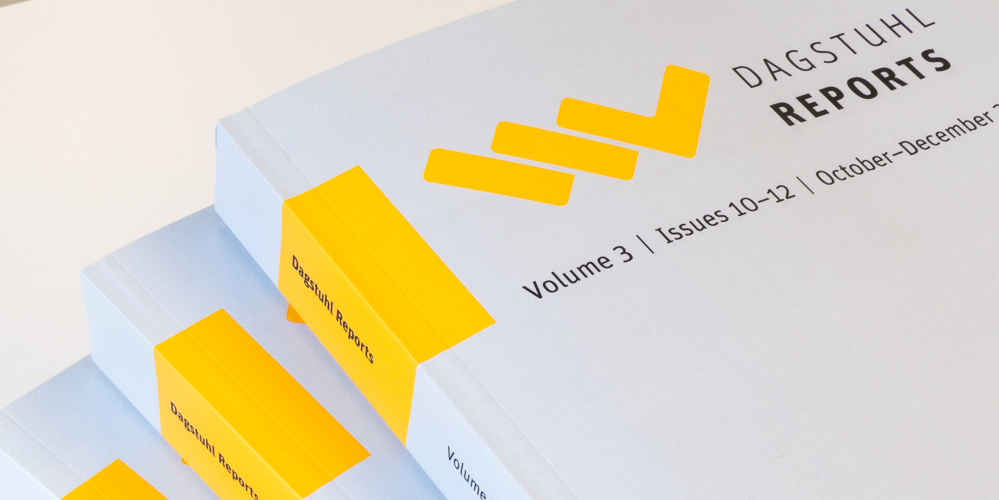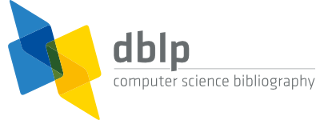Dagstuhl's central task is to enable and promote communication between researchers in computer science. Besides the traditional seminar offerings, which focus on personal exchange, affordable open access publication services for high-quality research are another integral and important part of Schloss Dagstuhl's efforts.
As conference publications play a special role in computer science, Dagstuhl's publication services are mostly concentrated on conference proceedings. With LIPIcs and OASIcs, two strong and successful series have been established for this purpose. Dagstuhl's publication portfolio is quite a bit broader and is described in detail below.
As a member of the Leibniz Association, Schloss Dagstuhl – Leibniz-Zentrum für Informatik GmbH is committed to Open Access. For details on the implementation, see our Open Access Policy.






